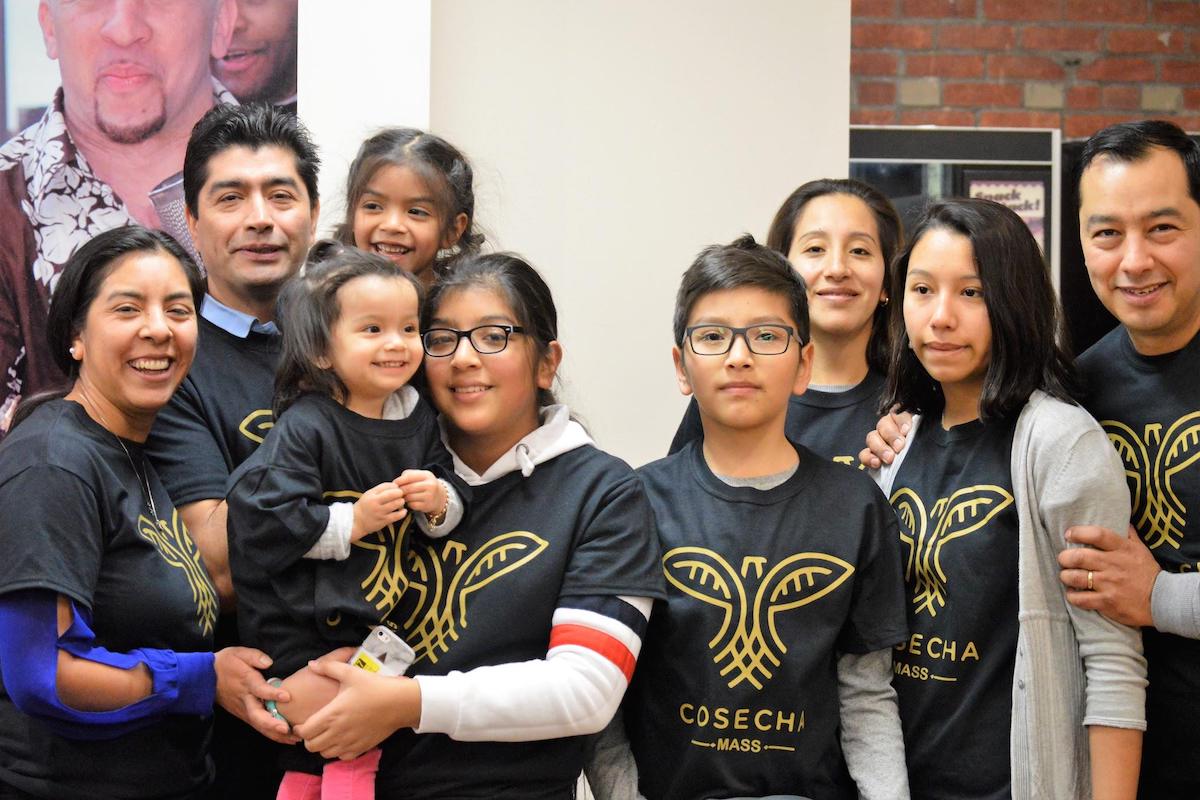

Via Cosecha Movement
On Wednesday afternoon, Cosecha Movement shared the following press release:
Immigrant leaders with the Cosecha Movement launched a national immigrant worker fund to distribute immediate emergency relief to undocumented workers who have been excluded from receiving any federal aid. Applications, needs assessment and distribution of funds are being managed by local committees of immigrant workers affiliated with Cosecha. Organizers have also launched a pledge, inviting allies to show solidarity with immigrant workers by sharing their federal stimulus check with families who were excluded from the stimulus bill.
“In my town most of us are domestic workers. Many single mothers have lost their jobs, or decided not to go into work in order to protect their families. We don’t have enough money to buy food for our children, and the government is not helping in the way that it should be. That is why this fund is so critical” said Norma Morales, a domestic worker leading fund distribution in New Jersey. “It will not solve all of the problems our community is facing, but it is important that people know there is a movement called Cosecha fighting for our dignity, and that much of what we need can be found in our community if we come together.”
Many undocumented workers across the country are currently sustaining critical industries—often without access to protective equipment, paid sick time, or health insurance. These essential workers will receive $0 of federal aid from the new $2 million relief package. Millions of immigrants in the restaurant, retail, hospitality, and manufacturing industries are also facing mass layoffs with no access to unemployment benefits or other ways to support their families.
Facing either massive layoffs or unsafe working conditions, immigrants are struggling to keep their families safe and afford basic monthly expenses. Given that the federal government has excluded immigrants from basic protections and support, immigrant leaders with the Cosecha Movement are attempting to meet the urgent need of communities on the ground, while demanding local and state governments include immigrant workers in relief efforts.



illegal immigrants can get unemployment insurance if they worked on the books. they have access to Medicaid. they have access to food stamps and housing if their kids were born here.